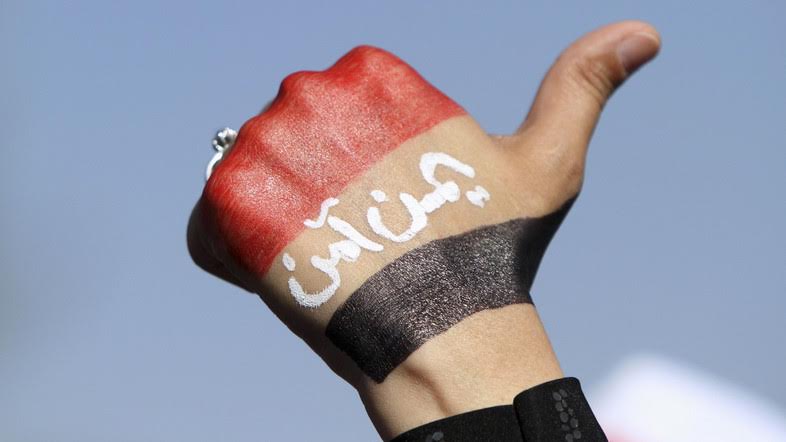Riyadh-Head of the Houthi insurgency delegation Mohammad Abed al Salam told Asharq Al-Awsat newspaper on Thursday that his delegation had received from the U.N. envoy new ideas and suggestions for a solution in Yemen.
The spokesman said he was still studying these ideas, adding that a response to the suggestions might take around 24 hours.
On Wednesday, the foreign ministers of the United States, Britain, Saudi Arabia and the UAE met in London in support of international efforts to reach a political solution to the Yemeni issue.
Following their meeting, the foreign ministers issued a statement saying the attendees have “discussed a possible agreement on Yemen,” without offering further details.
The foreign ministers also expressed their concern over the deteriorating humanitarian and economic situation in the country.
They asserted their support for the efforts exerted by U.N. Secretary General’s Special Envoy for Yemen Ismail Ould Cheikh Ahmed to reach peace in Yemen and for U.N. Resolution 2216.
The Quadruple meeting in London also said a national unity government representing all parties was the only solution to fight terrorist organizations such as ISIS and Al Qaeda.
Houthi rebels and a delegation from the Yemeni government resumed their meetings in Kuwait last week in efforts to agree on means to stop the war.
The insurgency continues to defy international will, which ordered that the Kuwait 2 Yemeni peace talks conclude in two weeks.
On the other hand, the government delegation conceded to all conditions laid out by international forces, which outline a solution for Yemen.
Speaking to Asharq Al-Awsat, Abdul-Salam ruled out that the latest decision to set a deadline of 15 days for the peace talks in Kuwait could produce any results.
Abdul-Salam said the Houthi delegation sat two times with Ould Cheikh in the past two days. However, he reiterated the delegation’s insistence to reach “a comprehensive and single solution” to the conflict in Yemen.
Abdul-Salam said “nothing can happen in the field without a political umbrella,” after blaming the U.N. envoy for not mentioning in his last speech any reference to a political solution.
“In our previous talks, there was an agreement to form a national unity government. However, we were surprised by the U.N. envoy’s opening speech where he only mentioned the presence of two solutions: security and military, and what he called Plan A. He said nothing about a political solution,” Abdul-Salam said.
